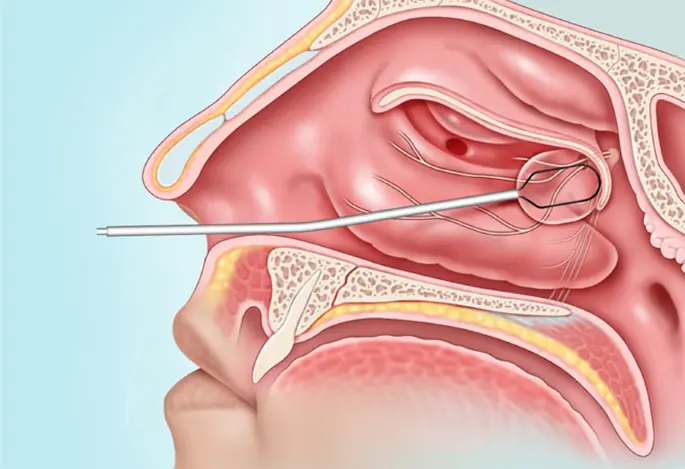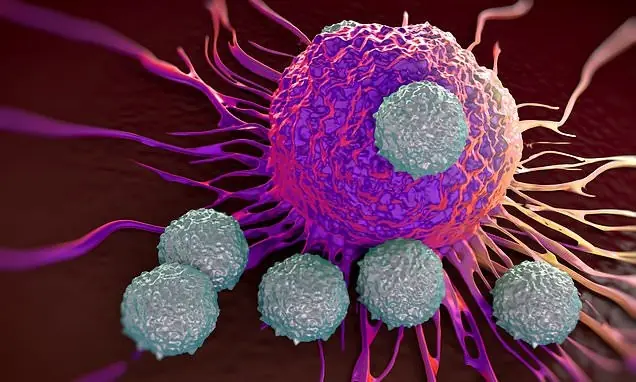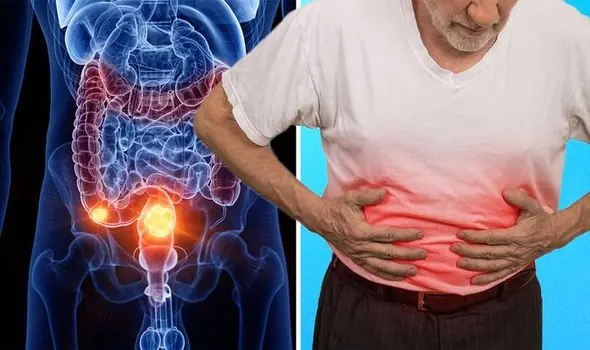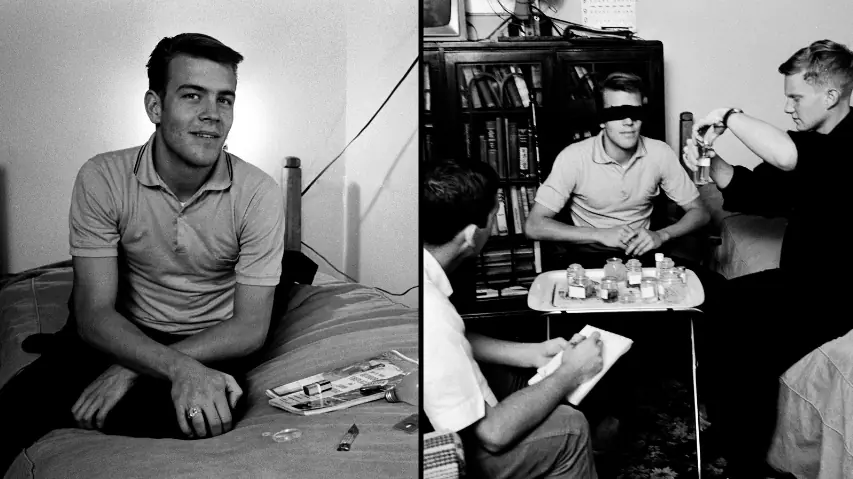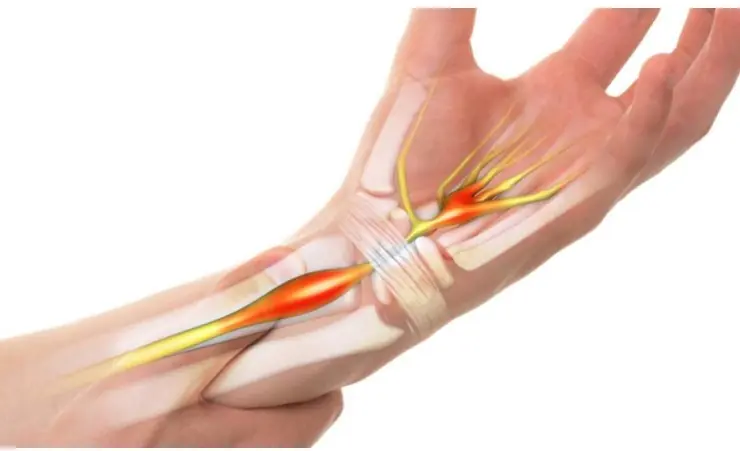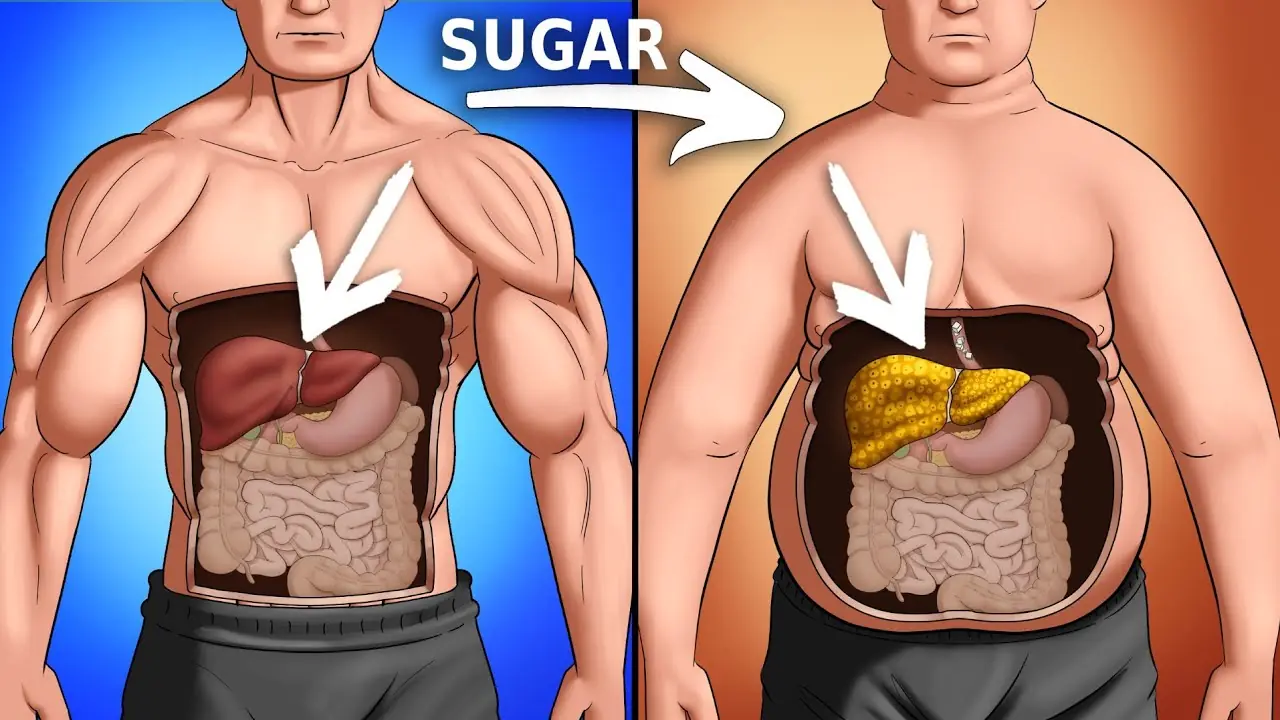The idea that mild hunger might optimize the sleeping brain’s rhythm is both surprising and deeply intriguing.
We've long been told that going to bed on an empty stomach is a bad idea - fueling everything from late-night snacking habits to midnight fridge raids. But what if skipping that bedtime snack could actually benefit your brain? New scientific research is challenging conventional wisdom and revealing a surprising truth: mild fasting before sleep might supercharge your memory.
Recent studies suggest that temporary hunger - when timed strategically - could positively influence how your brain processes and stores information while you sleep. In other words, not eating before bed might enhance your brain’s natural rhythm for locking in memories.
Let’s unpack how this works - and what it means for your nightly habits.

The Brain’s Night Shift: What Happens While You Sleep
Sleep isn’t a passive activity. While your body rests, your brain shifts into high gear, sorting through the day's flood of experiences, emotions, and information. Scientists call this memory consolidation - a process where fleeting short-term memories are converted into long-term knowledge.
This nightly process is orchestrated by two key types of brainwaves that appear during non-REM (NREM) sleep:
- Slow oscillations – low-frequency waves that set the overall rhythm of brain activity.
- Sleep spindles – rapid bursts of neural activity that occur during moments of stillness in brainwave patterns.
When sleep spindles align precisely with the crests of slow oscillations, the brain is at its most efficient in forming lasting memories. It’s like an orchestra hitting the perfect note - timing is everything.
Hunger: A Surprising Tuner for Brainwave Timing
A groundbreaking study led by neuroscientist Yun Lun at the University of Tübingen delved into the unexpected effects of short-term fasting on brain activity during sleep.
In the experiment, researchers fasted lab rats for just six hours before their sleep cycle - a relatively mild duration in metabolic terms. What they found was astonishing:
- The fasted rats exhibited increased production of slow oscillations and sleep spindles.
- Even more importantly, the timing between these wave types improved significantly - matching patterns previously associated with better memory performance.
It wasn’t about producing more brainwaves, but about synchronizing them with greater precision.
“It’s the coordination, not the quantity, that enhances memory,” explains Lun.
When the rats were instead given a glucose injection - essentially a sugar rush before bed - the overall brainwave activity increased slightly, but the critical alignment between spindles and slow waves remained unchanged. The hunger state, not just the presence of calories, seemed key to optimizing memory-linked brain rhythms.
Think of Your Brain Like a Concert Hall
Imagine slow oscillations as a metronome keeping steady time. Sleep spindles are like a pianist’s fingers playing notes. The result is only harmonious when the notes land on the beat. If they're off even slightly, the music becomes noise.
Fasting, in this analogy, helps your brain stay in rhythm - enhancing memory encoding during sleep by refining the timing of these internal “performances.”
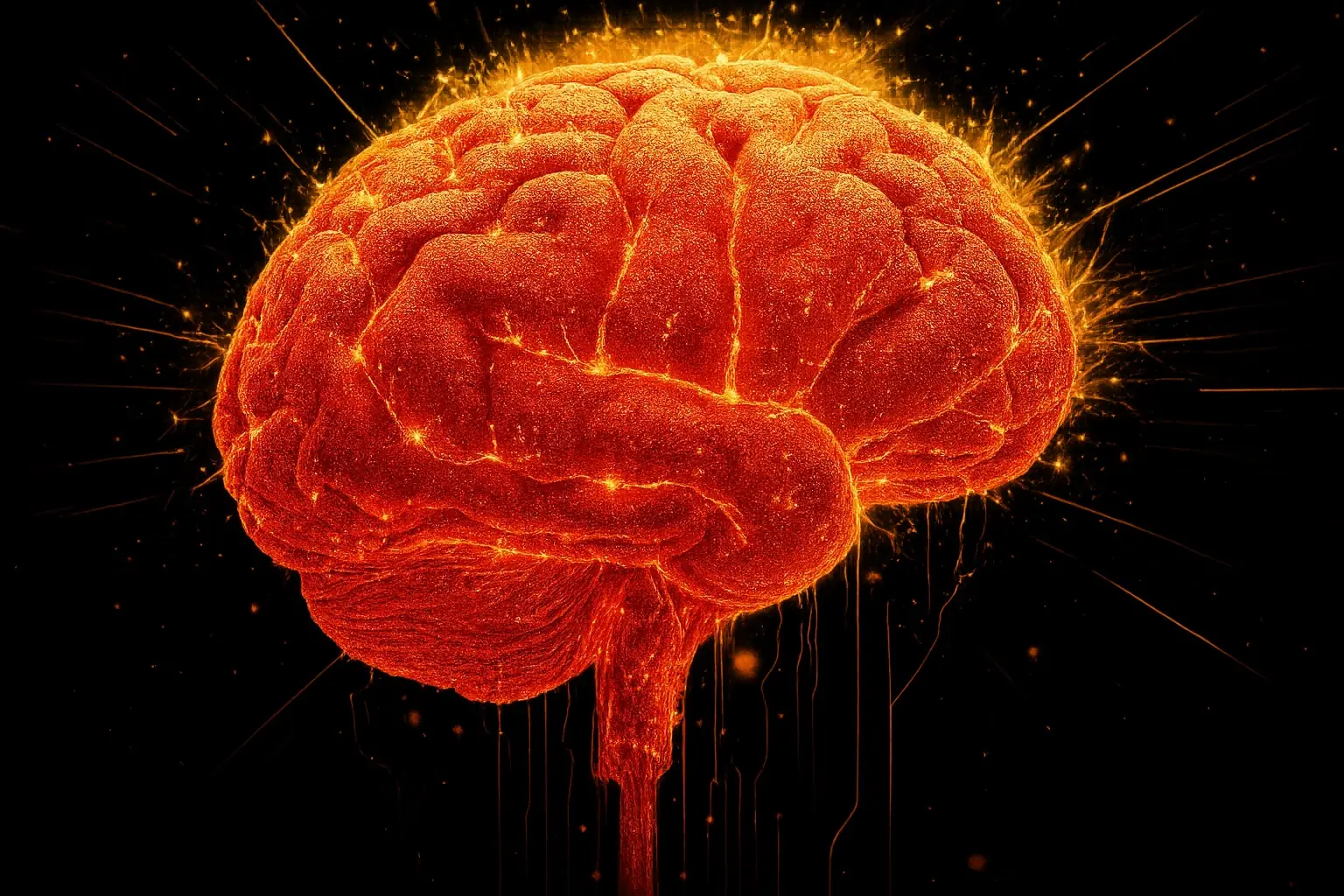
But Is It Just a Rat Thing? Human Evidence Says No
The findings didn’t stop at rats. A 2023 study by Raphael Vallat and his team at the University of California, Berkeley, examined brainwave activity in humans and reached a strikingly similar conclusion.
Participants with more stable fasting glucose levels in the morning (i.e., lower and well-regulated blood sugar) showed stronger coupling between sleep spindles and slow waves the night before. These people, quite literally, slept in better memory-building rhythms.
The study controlled for a range of variables - age, weight, gender, sleep quality - and still found the connection. Interestingly, when researchers accounted for diabetes status, the effect vanished. This suggests that metabolic health - not just the act of fasting - plays a crucial role in determining the brain’s ability to organize memories during sleep.
“Your brain and your metabolism are having a nightly conversation,” Vallat said. “And it turns out hunger may help them stay in sync.”
Cramming vs. Fasting: Which Wins the Memory Game?
We’ve all tried to “sleep on it” after a late-night study session, hoping the brain locks in information as we rest. But does that really work?
In another controlled experiment, scientists looked at how memory exercises before bed affected brainwave patterns. Participants learned something new one night and went to bed without learning anything the next. The results were underwhelming: no significant change in brainwave coordination was detected between the two nights.
Surprisingly, fasting seemed to influence memory-related rhythms more than direct learning did.
This calls into question the old belief that what you study before bed matters most. Instead, how your body is primed metabolically may have a stronger influence.
More Than Just Sleep: Metabolism’s Bigger Role in Brain Health
For years, research focused on how sleep impacts metabolism. Now, we may need to reverse the question: How does metabolism affect sleep? And even more importantly: How does that impact memory, learning, and emotional stability?
Emerging science is revealing that energy availability during rest - specifically glucose levels - may directly influence how effectively our brains sort and store memories.
This adds to a growing body of research suggesting that fasting isn’t just a dietary tool - it may be a neurological one.
Your Brain Is More Adaptable Than You Think
According to neuroscientist Henrike Niethard, these findings speak to something deeper: the brain’s plasticity.
“This memory system is experience-dependent,” she noted. “It responds to how we eat, sleep, and live.”
That means habits you might not associate with brain performance - like skipping a late dinner - could subtly shape the efficiency of your mental processes. You don’t need brain-enhancing pills or pricey gadgets; sometimes, the most powerful interventions are the simplest.
So… Should You Start Skipping Dinner?
Not so fast. While the research is compelling, it’s still in its early stages. Long-term studies in humans are needed to fully understand how pre-sleep fasting affects memory over months or years.
Plus, individual responses vary widely. People with blood sugar conditions, sleep disorders, or metabolic diseases should be cautious. A late-night fast for one person might mean better memory - but for another, it could disrupt sleep entirely.
Still, if you occasionally find yourself going to bed with a mildly growling stomach, you might not be doing your brain any harm. You might, in fact, be giving it an edge.
The Takeaway: Eat Light, Sleep Tight, Remember Right
We’re starting to see memory as not just a product of what we do during the day - but also what we don’t do before bed. The idea that mild hunger might optimize the sleeping brain’s rhythm is both surprising and deeply intriguing.
As sleep and memory research evolves, one thing becomes increasingly clear: small lifestyle tweaks can yield powerful cognitive benefits.
So next time you’re reaching for that midnight snack, consider this: the best way to feed your brain might be to let it rest a little hungry.





